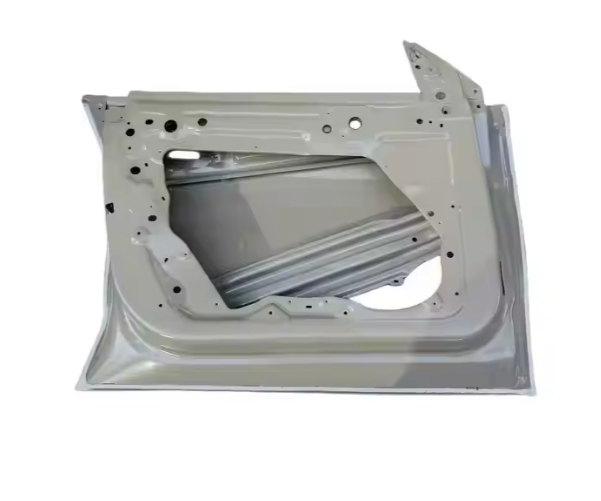Xpeng, BYD executives say Greater Bay Area firms’ expertise in smart tech, superfast battery charging will drive EV growth in China
Smart technology such as autonomous parking systems and the wide availability of superfast battery charging infrastructure will drive a boom in electric vehicle (EV) sales in China over the next five years, according to two of the segment’s leading manufacturers.
Xpeng’s Brian Gu told a panel on “The Innovation Boom Coming from China’s Greater Bay Area” at the Milken Institute’s inaugural Global Investors’ Symposium in Hong Kong on Tuesday that smart driving technology will become as “prevalent” as smartphones are today. Meanwhile, BYD’s Stella Li pointed out that even traditional energy firms were investing in battery charging infrastructure. Both firms are based in the Greater Bay Area development zone.
“In five years, EVs and these [smart-driving] technologies will be just like [how] iPhones and smartphone technologies are prevalent nowadays,” said Gu, vice-chairman and president of Guangzhou-based Chinese smart EV maker Xpeng.

Almost all EVs will be equipped with smart driving technologies such as autonomous parking and navigation systems by 2029, he said. And by that time, battery-powered vehicles will dominate car sales and superfast charging technology will have greatly shortened the time required for charging EVs, on par with gas stations.
Gu’s comments came after Guangzhou-based Xpeng last week reported a 153 per cent increase in its revenue for last year’s fourth quarter, narrowing its net loss by 40 per cent year on year.
Moreover, He Xiaopeng, Xpeng’s founder, was bullish about the company’s strategy of developing autonomous driving technology and making it affordable and accessible for “a much broader customer base”.
Last year, China, the world’s biggest automotive and EV market, recorded the sales of about 30.1 million cars, of which about 35 per cent were pure battery EVs and plug-in hybrids.

Gu forecast that China’s EV sales will surpass 50 per cent of new car sales in 2024, and touch 80 to 90 per cent in five years.
Currently, only about 10 per cent of China’s premium EV models have advanced driving technologies, he said. “We are still far way from robotaxis, and driverless cars will probably take more than five years to be commercialised, but most of the cars in five years will be smart driving cars,” Gu said.
Superfast EV battery charging technology will also see rapid development in the next five years, coupled with advancements in battery technologies, he said. “In five years, I think superfast charging of EVs will become the predominant form, and the user experience will be very similar to today’s gas station visit,” Gu added.
The wide use of EVs will greatly drive up the demand for charging infrastructure, which will create more opportunities for companies in the charging business, said Li, executive vice-president at Shenzhen-based BYD, the world’s biggest EV maker.
Last year, BYD partnered with global oil giant Shell to open the British energy giant’s largest EV charging station globally. Located near the Shenzhen airport, the charging station features 258 public fast-charging points. Rooftop solar panels have been installed to supply clean electricity for charging.
The two companies have extended their partnership to overseas markets including Mexico and Brazil, Li said at the event.
“I think China built a very good example for every country to learn from,” she said, referring to the Chinese government’s policy support and subsidies at an early stage, which incentivised EV purchases and adoption, and later policies on charging infrastructure deployment.
“Once there are more people driving [EVs], then you need more charging stations,” she said. “Even traditional gas companies now are putting a lot of money” into the future of transport, which is EVs, Li added.
 April 1, 2024
April 1, 2024  March 27, 2024
March 27, 2024 
 March 27, 2024
March 27, 2024 










